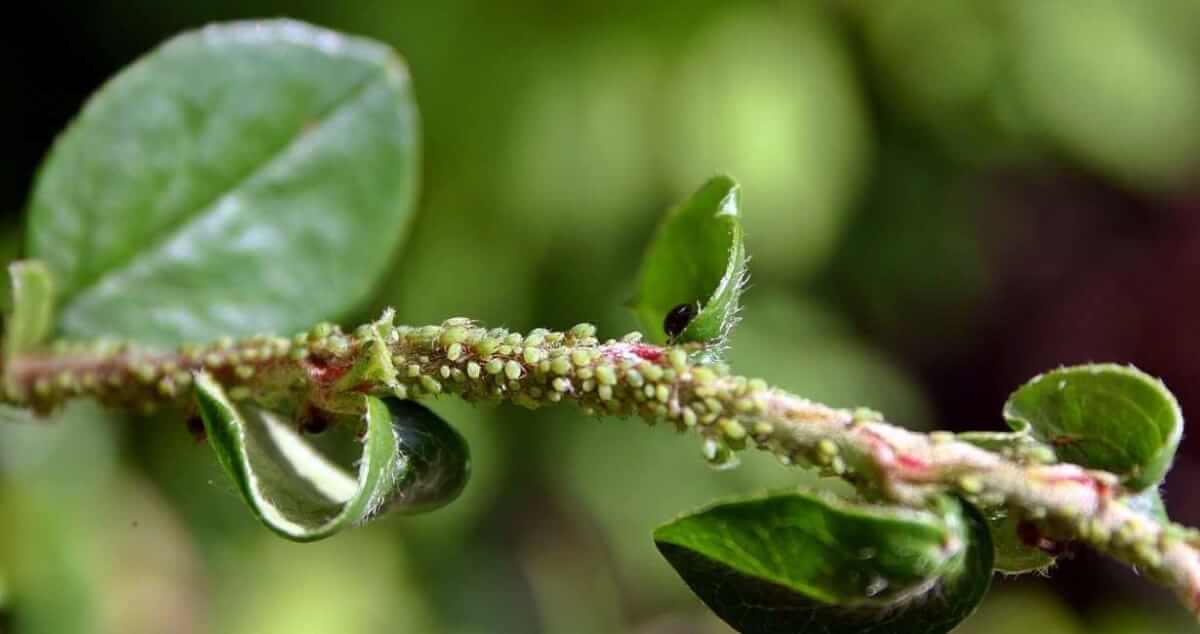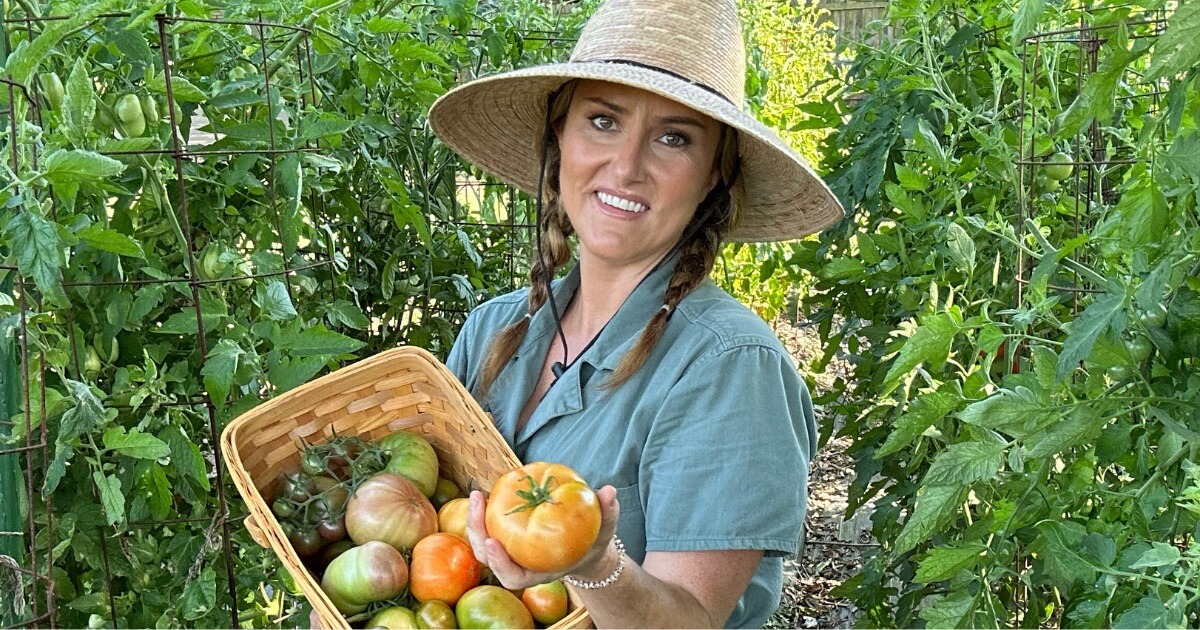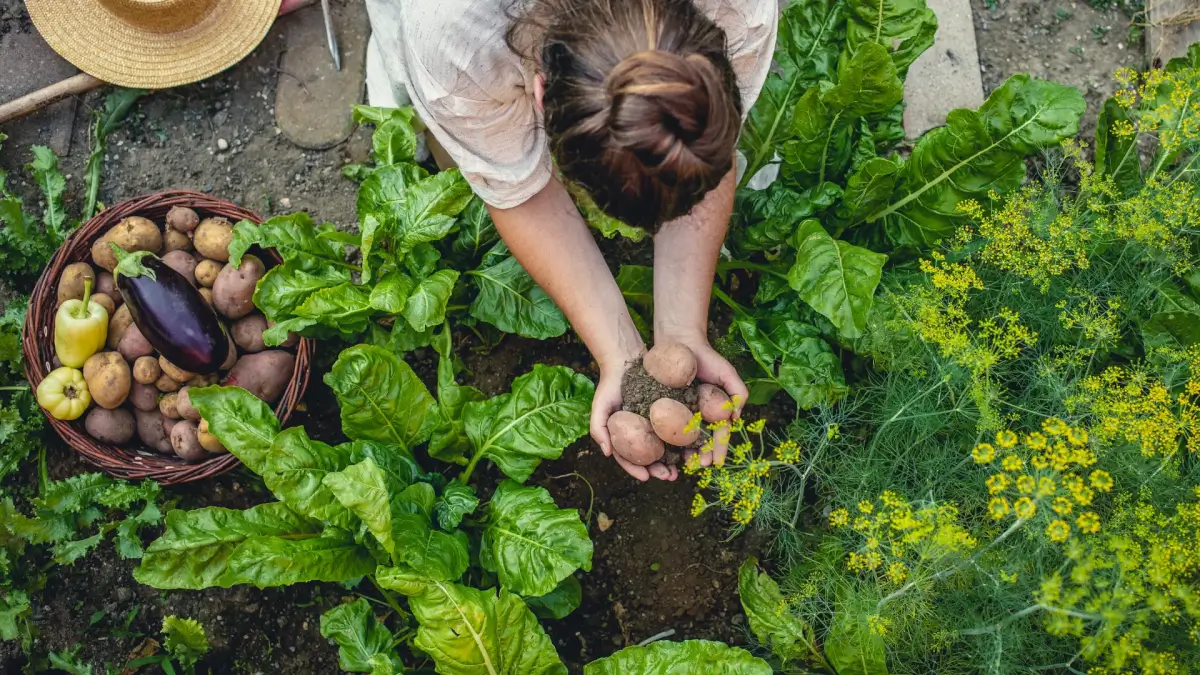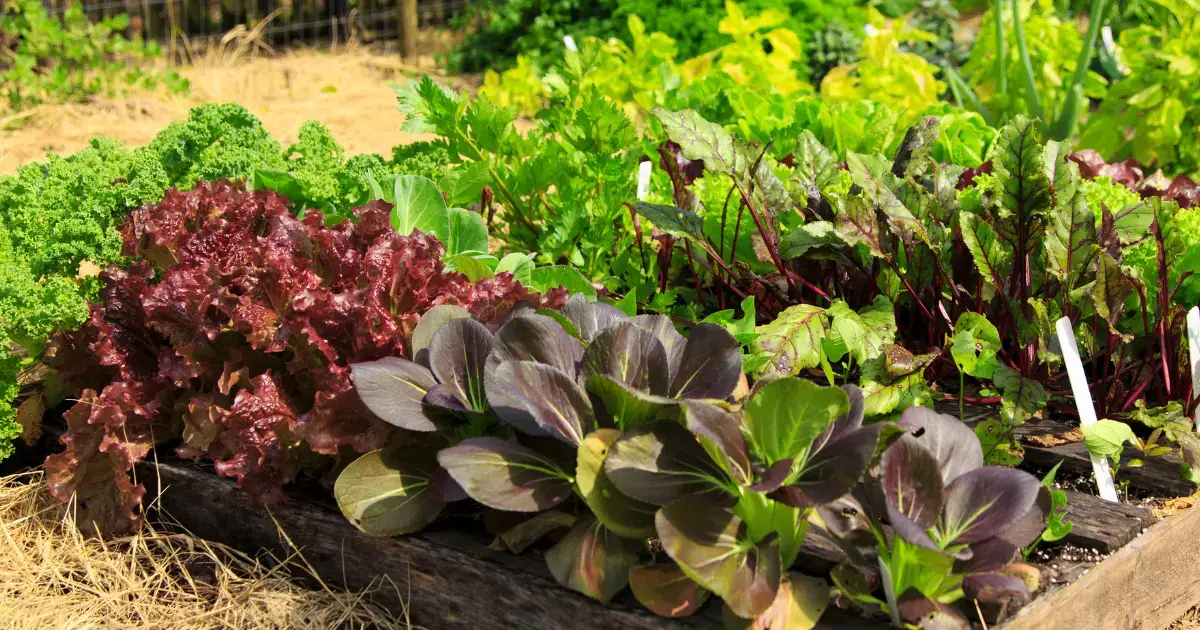
One day your okra looks fine, and the next day it is covered in aphids. Argh!
Aphids are a nuisance in the garden, but luckily there are some easy ways to deal with them that don’t involve harsh chemicals. Before we get to those, let’s talk about why they showed up in the first place.
Why you’ve got aphids on your plants
Aphids are attracted to tender, new growth on plants. That’s why they tend to appear in the spring and in the fall when seasonal vegetables are rapidly growing.
Some plants are more attractive to aphids than others. Okra is one of the North Texas garden crops that are an aphid favorite. Pumpkins and other winter squash can also attract aphid attention.
Once you notice aphids on your plant, you need to act quickly in order to stop the infestation before it gets worse.
How to control aphids effectively
- The first thing you should do is try and knock the aphids off the plants with a strong blast of water. I turn my hose nozzle to “full” and blast my plants thoroughly, making sure that I get the undersides of the leaves where aphids congregate. This method alone can be very effective at controlling them, however I like to make double sure that I take care of the problem.
- After spraying with water, I will spritz affected plants with an organic, pyrethrin-free*, insecticidal soap. Insecticidal soaps work by smothering small, soft-bodied insects. They are a very effective organic option, but as with many organic insect controls, you need to re-apply frequently for maximum benefit.
You can buy these insecticidal soaps pre-mixed and ready to spray, or you can buy an insecticidal soap concentrate and dilute in water.
The brand that I use most frequently when I want a pre-made option is Natria, which is OMRI certified.
You can also make your own insecticidal soap by mixing 3 tablespoons of vegetable oil and 3 tablespoons of dish soap in one gallon of water. Again, you will need to apply frequently. To stop an infestation in its tracks, I will blast my affected plants with water and apply insecticidal soap daily until the infestation subsides.
*Pyrethrins are approved for organic insect control, but they are harmful to bees.
- Can Eating Tomatoes Help Prevent Weight Gain? New Study Says Yes - May 25, 2025
- New to Gardening? Join Our Step-by-Step Beginner Gardening Class - April 24, 2025
- Why “Intensive” Gardening is Not Good - March 9, 2025



